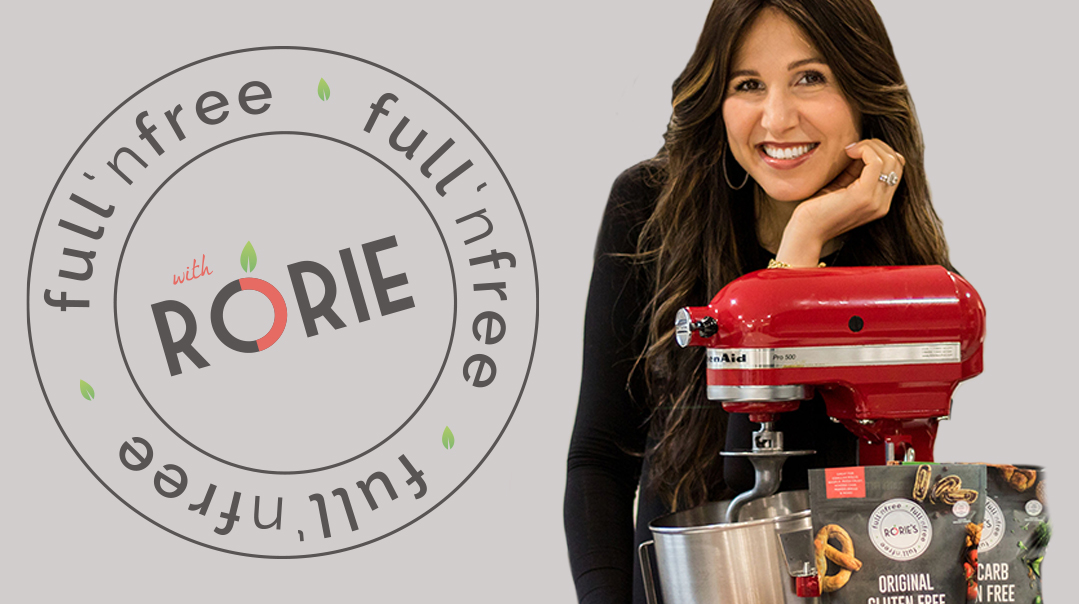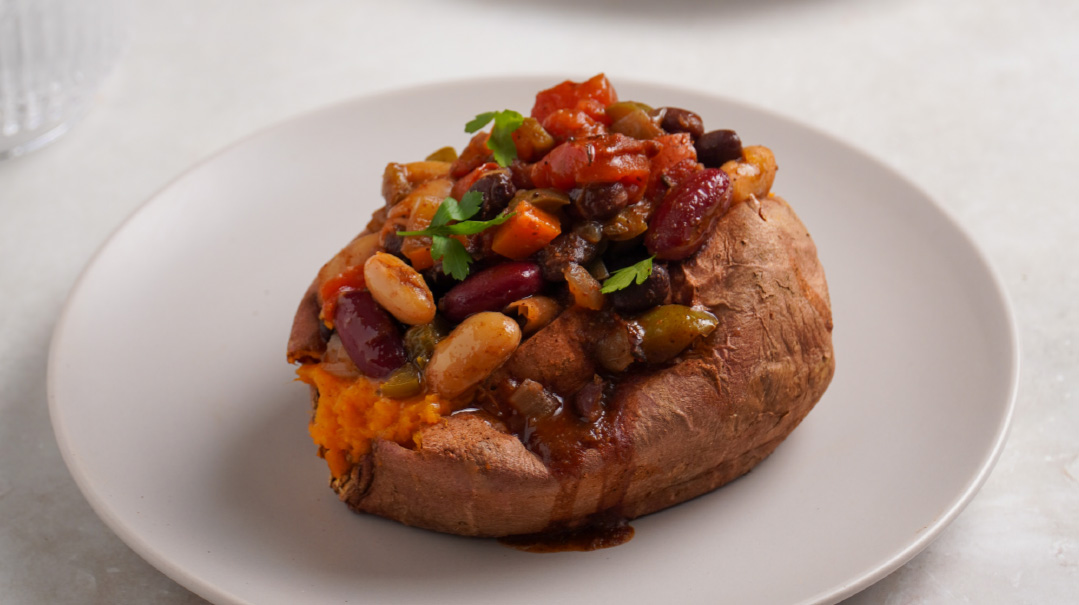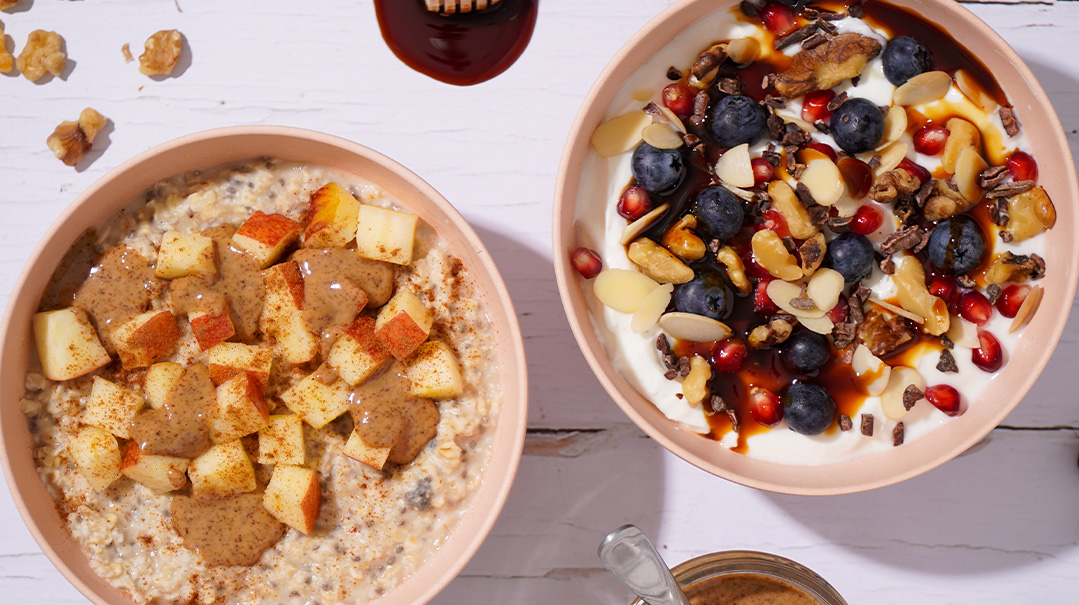Dairy Dare


Fragrant flowers, spring sunshine, and delectable dairy delights. That fresh feel just makes its way into our menus. When it comes to Shavuos, I’m always ready for something new, and I’d love to make it something dairy!
Milk takes center stage on our Shavuos tables. But many people can’t tolerate it, either because it gives them digestive trouble or because of allergies. Cow’s milk can be difficult for our bodies to handle because of its structural makeup.
The three main components of cow’s milk are lactose (milk sugar), casein (milk protein), and butterfat. The most common milk sensitivity is lactose intolerance, which can result in digestive issues like gas, bloating, and cramping. In cases ofmilk allergy, Alpha s1 casein is usually the culprit. Allergic reactions can include vomiting, diarrhea, skin rashes, and even anaphylactic shock. Lastly, the fat molecules in cow’s milk are very large and difficult to digest, taking about two hours to pass through our systems.
Take it from someone who has been of all cow’s milk products for the past 18 years: it’s not fun to have to avoid dairy. But when I met Esther Black, a holistic health counselor, educator, and professional chef in Yerushalayim, this winter, things began to look a little brighter.
Honestly, I was pretty grossed out when Esther suggested that I try sheep or goat’s milk instead of the standard cow variety. Who would even touch milk that came from a sheep? But when I thought about it, I realized that cow’s milk isn’t much different — it’s just that we grew up on it. Plus, feta cheese is sometimes made of goat or sheep’s milk, and that’s a pretty normal product. I decided to try out those milks and gauge my body’s reaction. I was pleasantly surprised when, after 18 dairy-free years, I reacted really well. Esther was not as surprised. She explained that the makeup of sheep and goat’s milk makes them much more compatible with most people’s digestive needs. While those milks contain only slightly less lactose than cow’s milk, many people with lactose intolerance are able to tolerate both sheep and goat’s milk without any problems. They also have about 89 percent less casein than cow’s milk does, making them far less allergenic. In a recent study of infants allergic to milk, 93 percent were able to drink goat’s milk without any adverse reaction!
Finally, sheep and goat’s milk both have smaller fat globules and contain more than twice the beneficial fatty acids as cow’s milk, yet take only about 30 minutes to digest. Unlike cow’s milk, the fats naturally occurring in sheep and goat’s milk have been found to be cardio-protective, helping to prevent atherosclerosis, stroke, heart attacks, and other coronary diseases.
If you have trouble digesting cow’s milk, you might stand to gain by broadening your dairy horizons. That said, most people with cow’s milk sensitivity can eat butter and ghee (semi-fluid clarified butter) without any negative reaction. Some find that hard, unrefined cheeses and Greek yogurt are easier to digest due to the healthy bacteria they contain. If you are considering ditching dairy, try eliminating milk alone and see how you feel. Alternatively, you can stop all dairy for a month, then reintroduce one product at a time: first butter, then yogurt, then hard cheese. You may find that some work better for you than others. You might also find that having just a little once in a while works for you. Do some testing to figure it out!
This Shavuos, make the most of that spring freshness and dare yourself to try something new! You’ll thank yourself for it.
Wishing you the best of health,
Rorie
Feta Cheese
A dairy product originating in Greece, feta cheese delivers a handsome load of probiotics, plus vitamin A, vitamin B12, vitamin K, folic acid, iron, and magnesium. It’s also a good source of calcium and phosphorous. Feta cheese is usually made of sheep or goat’s milk, but it can also be made out of cow’s milk. It has a soft, crumbly texture, making it a great salad addition or savory topping for dairy dishes.
Originally Featured in FamilyTable 643
Click Below for Full n' Free Recipe
Oops! We could not locate your form.







